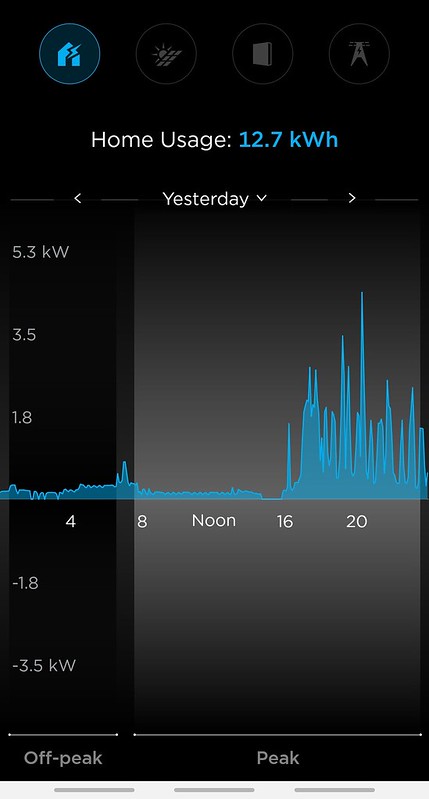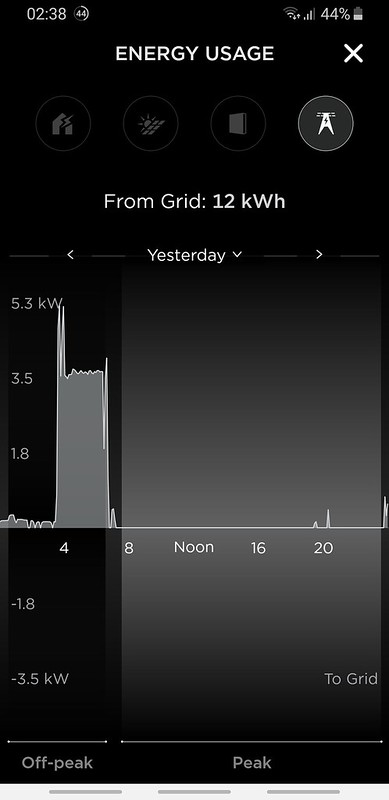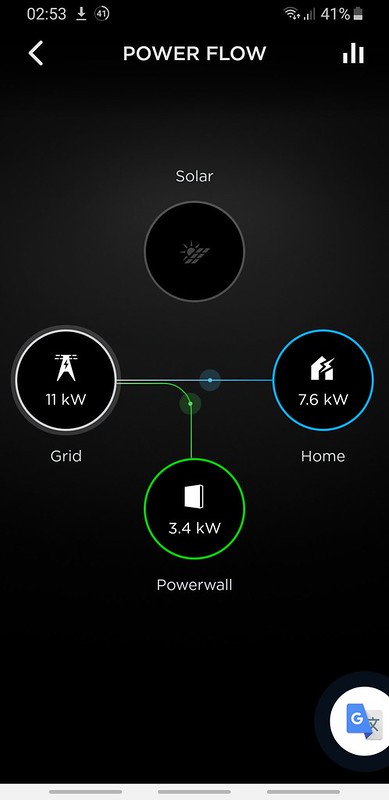Sounds like a shitty investment. The lifespan of the equipment is not much more than that.
Indeed. Compared to PV + FITS etc. then Battery looks like a poor investment ... but so did all my other early-mover Eco investments, which had my friends howling with laughter and derision ... and then green with envy shortly thereafter ...
None of them looked like having any payback at the time but then [unforeseen] soaring oil price, or some other world-event, handed me a bonus.
We've upgraded the house to Passive House standards. Now it needs piddling amount of energy for winter heating; the maths for the cost was horrible ... but ... in 5 years neither wife nor I have had a winter cold or cough, always had one before and I always took months to shake mine off. How to value that? (Its a known benefit ... except ... I didn't know about it, until afterwards). Beautiful even shirt-sleeves temperature
Being an early adopter also gives me the benefit immediately. I could wait until price falls, or price of oil/electricity forces my hand (and demonstrates viable payback), but then I still have powercuts in the meantime. Who knows if we might get another Winter of Discontent ... or the Storm of 1987. A new Model-S is £20K cheaper now than when I ordered mine 4 years ago... I could have waited, but how awful stuck driving ICE maybe a sudden event will mean that H2G pays me a unexpected dividend
I read a physiologists thesis on why people enjoy driving EV (compared to ICE), and the main reason given was "smugness". That works for me

If driving EV, or owning Battery etc., makes people feel better than that's definitely a "value".
is the wall connector playing some unknown part in this, or is it just brand consistency/promotion and a fine balancing act with tarrif prices and TOU?
My Armchair Theory! : PowerWall talks to Tesla HQ, and HQ talks to Car, and Car reduces AMPs. maybe PowerWall can vary that in real time based on the Delta between House Use and max Battery Output.
But I don't really want to charge my car from Battery ... that increases the losses ... but I suppose if I had unlimited PV and car was at-work during the day ...





